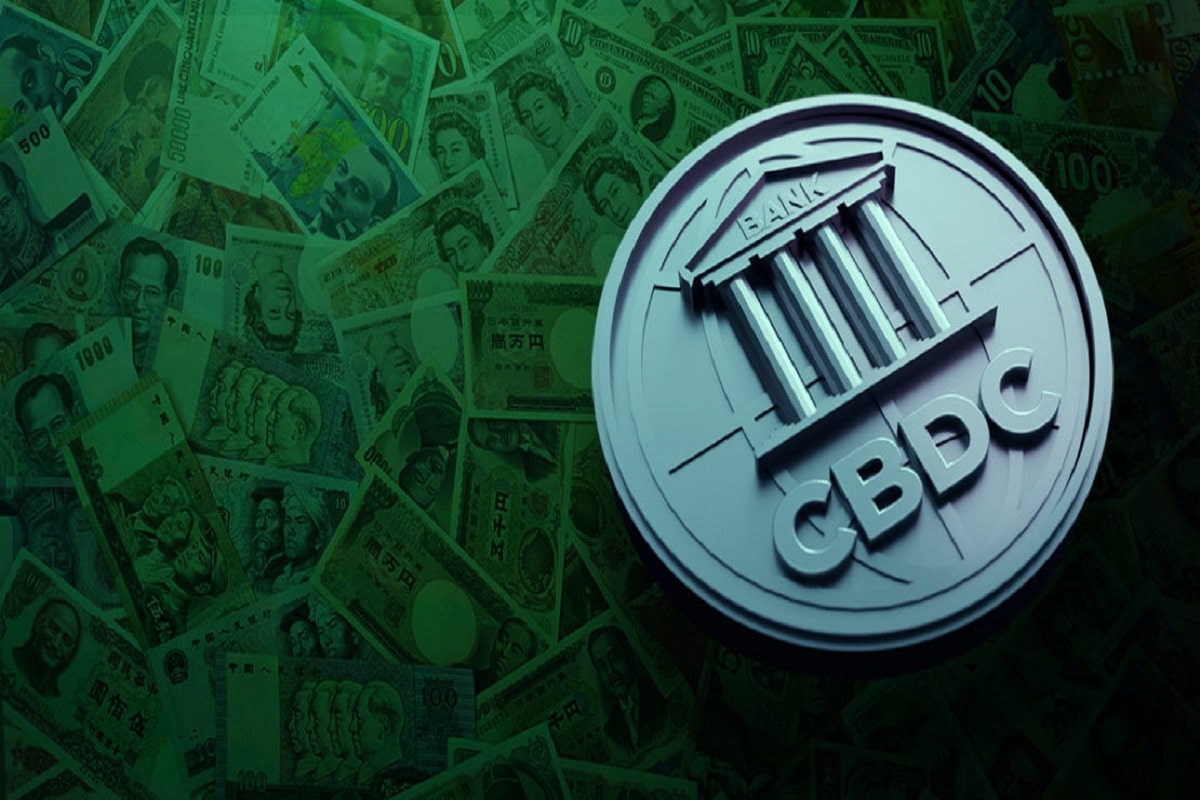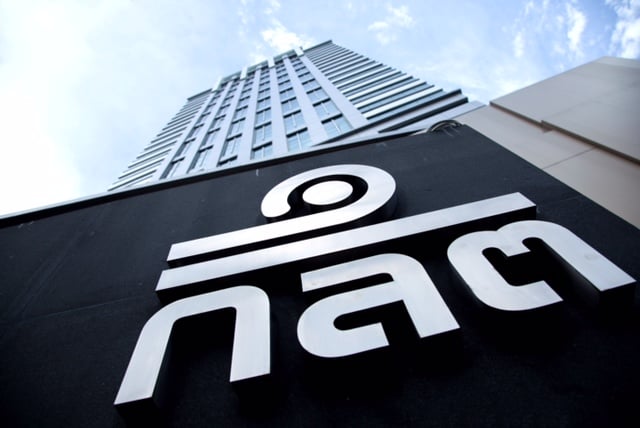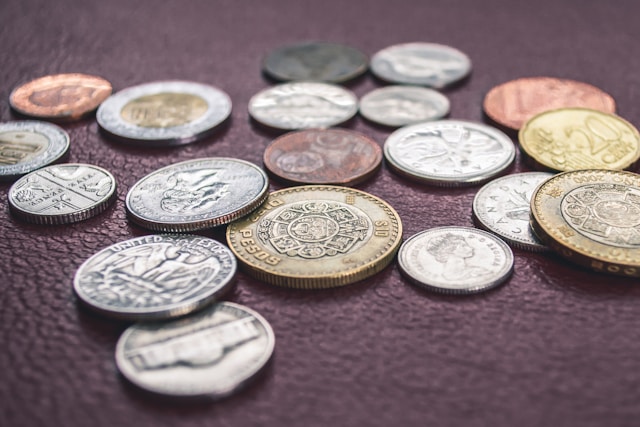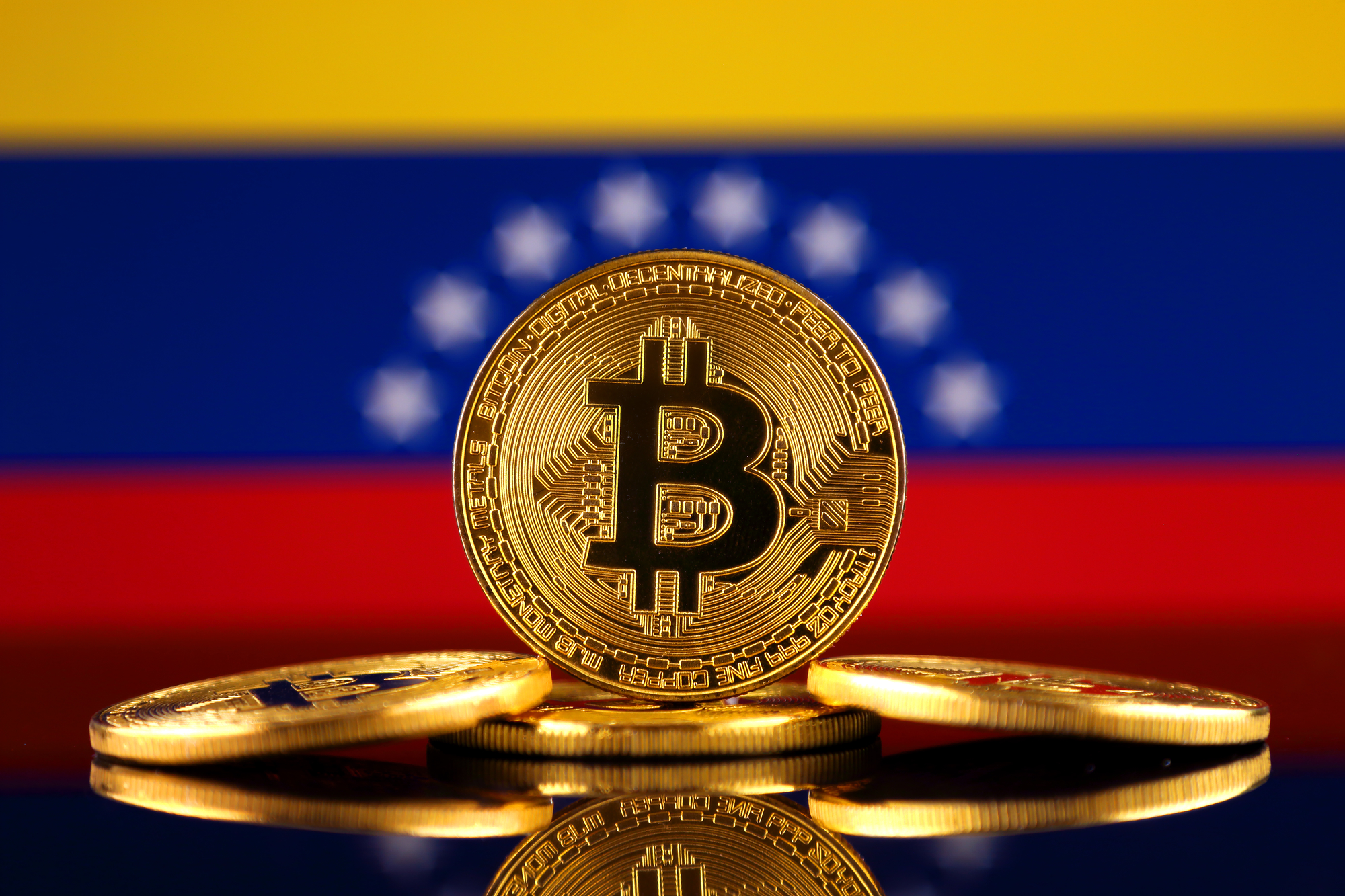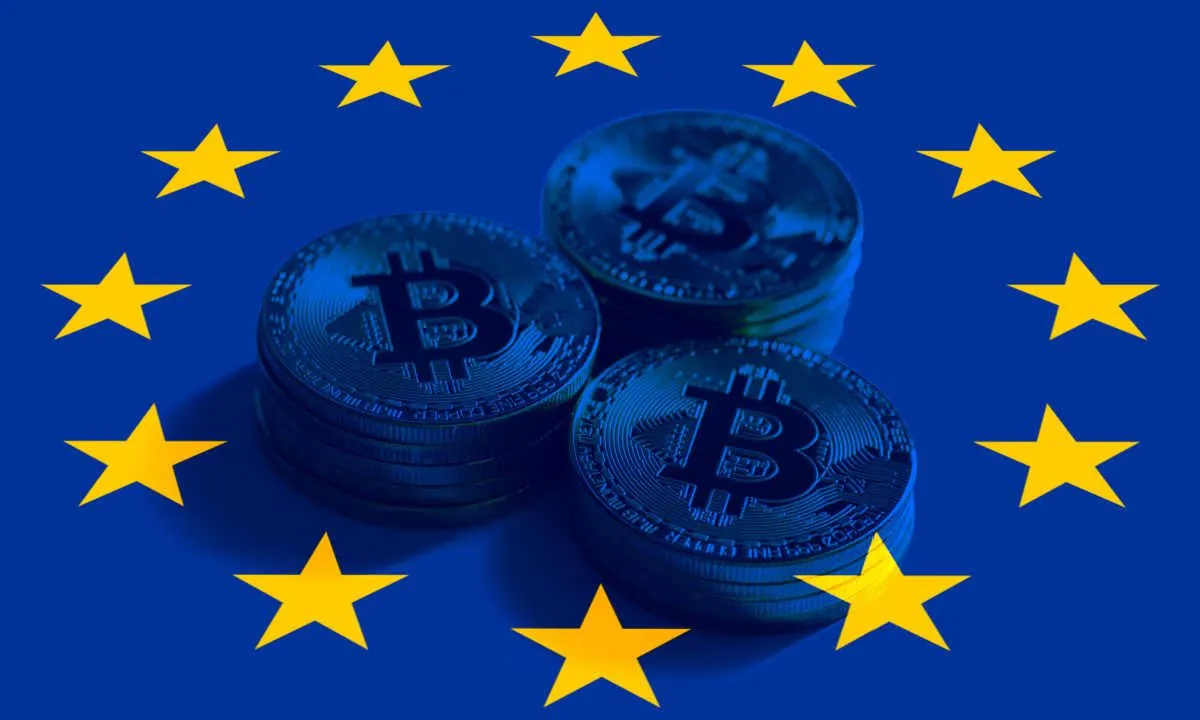The Philippines is planning to introduce a non-blockchain Central Bank Digital Currency (CBDC) within the next two years. This move aims to provide digital payment options to the unbanked population and improve the efficiency of financial transactions in the country.
The decision to develop a non-blockchain CBDC comes as the Philippines recognizes the limitations of blockchain technology in terms of scalability and privacy. By opting for a non-blockchain solution, the country hopes to achieve faster and more secure transactions while maintaining regulatory oversight.
The introduction of a CBDC in the Philippines is expected to have several benefits. Firstly, it will provide financial inclusion to the unbanked population, who currently rely on cash transactions. With a digital currency, these individuals will have access to a wider range of financial services and opportunities.
Secondly, a non-blockchain CBDC will enable faster and more efficient transactions. By leveraging existing technologies, the Philippines can avoid the scalability issues associated with blockchain-based systems. This will facilitate instant payments and reduce transaction costs, benefiting both individuals and businesses.
Furthermore, a non-blockchain CBDC will allow the central bank to maintain regulatory control over the financial system. By implementing strict compliance measures and monitoring transactions, the Philippines can mitigate the risk of money laundering and other illicit activities.
Overall, the introduction of a non-blockchain CBDC in the Philippines is a significant step towards modernizing the country’s financial infrastructure. By leveraging digital technologies, the Philippines aims to improve financial inclusion, enhance transaction efficiency, and ensure regulatory oversight in the digital economy.

